Wherever the need is greatest – 65 years of our International Delegate Programme
25 August 2025
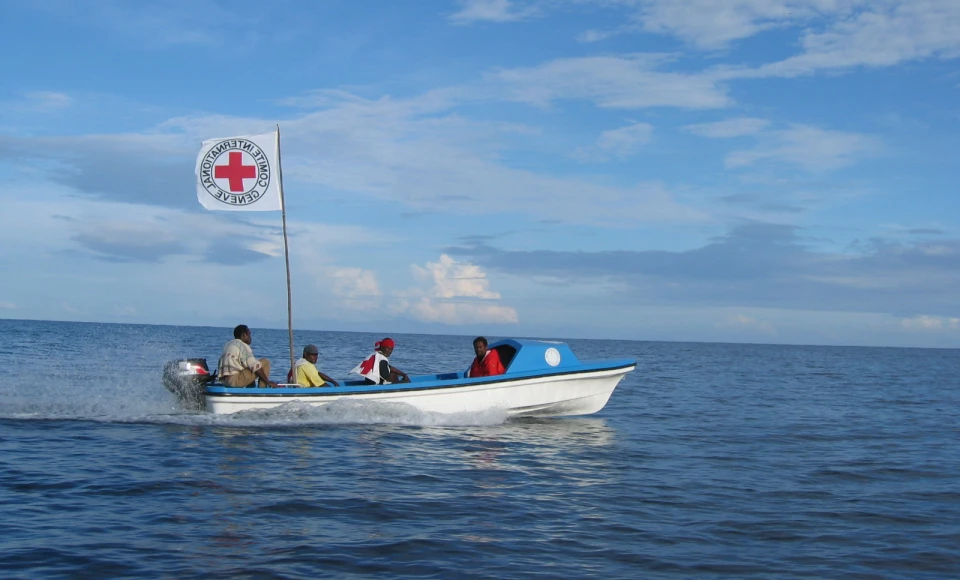
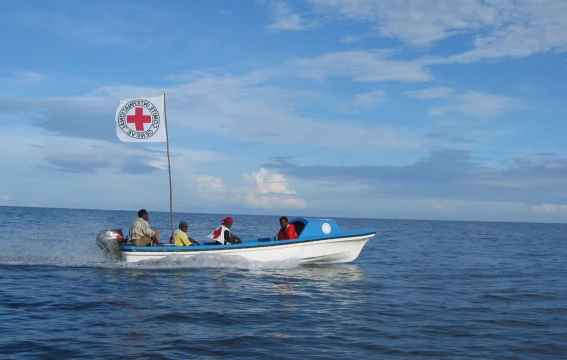
Since 1960, we’ve sent team members overseas on more than 1,000 assignments to save lives, alleviate suffering, and maintain human dignity on the front line.
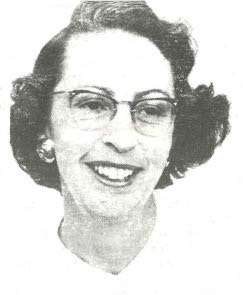
Barbara Tomlinson
Though we’d sent four doctors to China in the 1930s, it wasn’t until August 1960 that we revived what became our International Delegate Programme. We sent physiotherapist Barbara Tomlinson to Morocco, where more than 10,000 people had been paralysed after consuming cooking oil contaminated with jet engine lubricant.
Working with International Federation of Red Cross and Red Crescent Societies (IFRC) and International Committee of the Red Cross (ICRC), over 65 years we’ve sent hundreds of team members overseas to help vulnerable people. They’ve worked while contending with curfews, prison systems, inadequate medical equipment, weapons, violence, threats, and loss of life. They’ve driven long distances on dangerous roads to provide relief, as well as identified and laid the dead to rest with dignity.
“For me, when I think back to my early days of being a delegate, yes, we did some great stuff. Yes, we changed people's lives for the better through some tangible things that we gave. But sometimes we were just there. And that had to be enough,” said Peter Scott, a former delegate and now our Pacific Programmes Lead.
Risky assignments
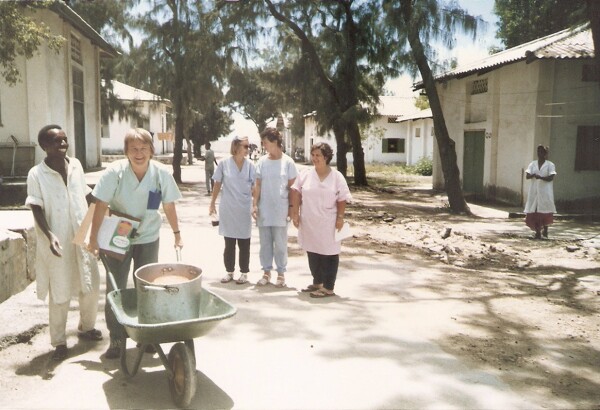
Judy Owen at Martini Hospital, Mogadishu, Somalia, 1988.
Our team members put themselves at risk to uphold and protect humanity. It’s a testament to their determination and commitment to humanitarian aid that they choose to go to wherever the need is greatest, whether conflict zones or areas affected by disasters. Some have had weapons directed at them at checkpoints and have been terrifyingly close to explosions from mines or mortar shelling.
In 1988, Jenny McMahon was held hostage with her team by an armed militia for nine days in Sudan. In 1998, Margaret Bryson fractured her spine when the jeep she was travelling in hit a landmine in Kosovo. The colleague she was travelling with died.
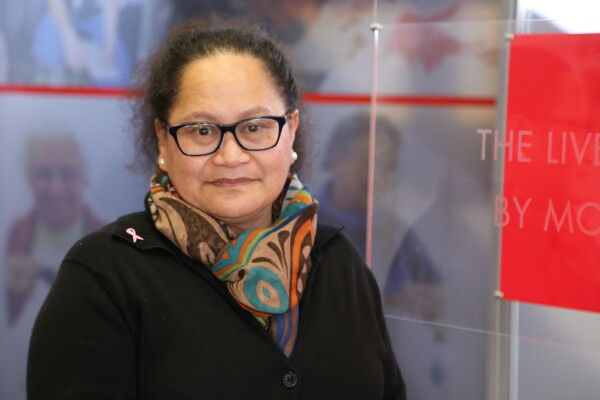
Louisa Akavi shortly before she left for Syria, 2013.
In 2013, nurse delegate Louisa Akavi went to Syria with ICRC on her 17th mission. On 13 October that year, six ICRC staff members — including Louisa — and a Syrian Arab Red Crescent volunteer were abducted in north-western Syria. Three staff members and the volunteer were released on 14 October. Louisa, Alaa Rajab, and Nabil Bakdoune remained in captivity and are still missing.
“Working in conflict areas is a personal decision. You volunteer and do the job – no one is forcing you. However, it’s necessary to acknowledge when it’s time to finish. I always told myself that when I reached a certain age, I wouldn’t accept any more contracts to work in conflict areas,” said Judy Owen, our longest serving international delegate.
We always remember
We remember those who didn’t come home. Since 1975, three of our colleagues have died while on assignments overseas.
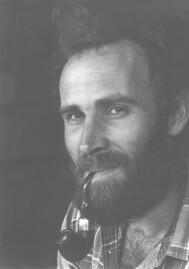
Mac was born in the United Kingdom and raised in New Zealand – he was a trained optical engineer and former lighthouse keeper. He first went to what was then South Vietnam with New Zealand Red Cross in 1973 and became leader of our sixth welfare team in 1974.
He was 30 when he was killed in a plane crash on 12 March 1975, 25 kilometres from the Red Cross compound.
In 2003, Mac was posthumously awarded the New Zealand Operational Service Medal for his services to Red Cross in Viet Nam.
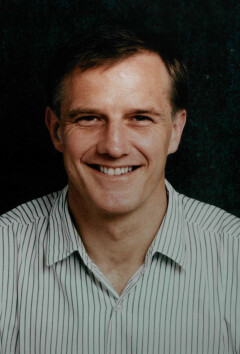
Jock was a greatly loved and respected doctor from Hanmer Springs, Canterbury where he worked at Queen Mary Hospital. He and Māori therapist Monica Stockdale (Ngāti Kahungunu) established New Zealand’s first taha Māori treatment programme at the hospital in 1990.
He was 42 when he went as director general to an IFRC hospital in Kot Chandra Refugee Camp in Pakistan, where he was murdered on 12 January 1993.
Jock was posthumously awarded the Henry Dunant Medal in 1993.
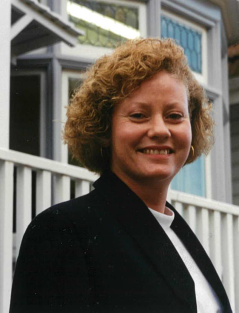
Sheryl was born in Gore, Southland and joined New Zealand Red Cross in 1989. She went to Khao-I-Dang surgical hospital in Thailand as a head nurse and returned to the hospital in 1991. She also went to Afghanistan twice, first in 1990 and again in 1994.
She was 39 when she went to a Red Cross hospital in Novye Atagi, Chechnya, where she and five other ICRC workers were murdered on 17 December 1996.
Sheryl was posthumously awarded the Florence Nightingale Medal and the Henri Dunant Medal in 1997.
Not just nurses and doctors
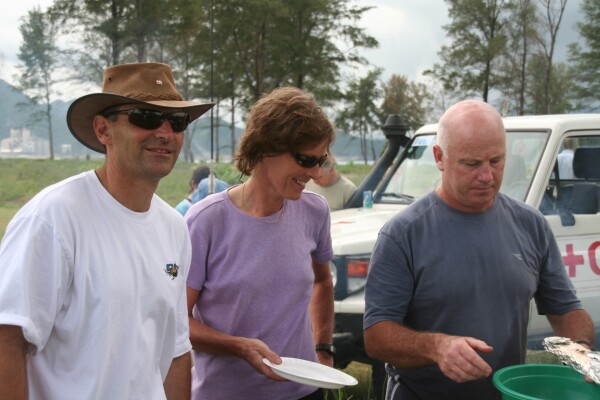
John Dyer, NZGD — now our National President — with Valerie Hunnan from Austrian Red Cross and New Zealand team member Kevin Duignan, Indonesia, 2005.
While many people associate humanitarian responses with medical aid, our team members’ expertise has always been broad. Our Viet Nam welfare teams included not just nurses and doctors, but also people who specialised in agriculture, construction, and social work.
In the immediate aftermath of the 2004 Boxing Day Tsunami, our first team member to fly out was Douglas Clark, a logistics specialist. He was followed by more than 30 team members over three years who worked in health, logistics, water and sanitation, construction, air operations, security, and other specialty areas.
In recent years, we’ve sent team members overseas who specialise in emergency management, IT, finance, security, and education to areas including Europe, the Middle East, and the Pacific.
A legacy of humanity
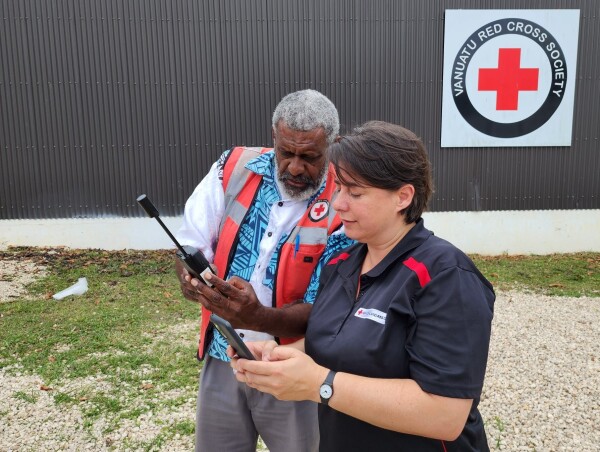
Natalie Gyles in Vanuatu, 2023.
From Barbara’s work in a hospital in Morocco, to our most recent missions to Vanuatu, our International Delegate Programme is one of our most enduring and globally respected contributions to humanitarian work. Many of our former delegates have gone on to have long careers with our international Movement.
Our people have also been recognised for their incredible service. Since 1969, more than 20 of our nurse delegates have been awarded the Florence Nightingale Medal for their service, courage, and devotion to victims of armed conflict and disasters overseas.
At the heart of every assignment is a shared commitment to uphold humanity – wherever it can be found. It’s a commitment that requires not just technical skill, but deep empathy, cultural sensitivity, and resilience.
We’re so grateful to our delegates, who for decades have gone to where the need is greatest and protected humanity. Thank you to our donors and supporters for making this work possible.
Find out more
- In times of disasters, conflict, and other emergencies, we respond to the needs of vulnerable people around the world.
What we do overseas - Donate to support our work, including responding to emergencies, helping former refugees resettle, and delivering meals to people who can’t cook for themselves.
Donate to where the need is greatest - Find out more about our Fundamental Principles and how they guide our work.
Our Fundamental Principles - Find out more about the international Red Cross and Red Crescent Movement.
Our Movement
